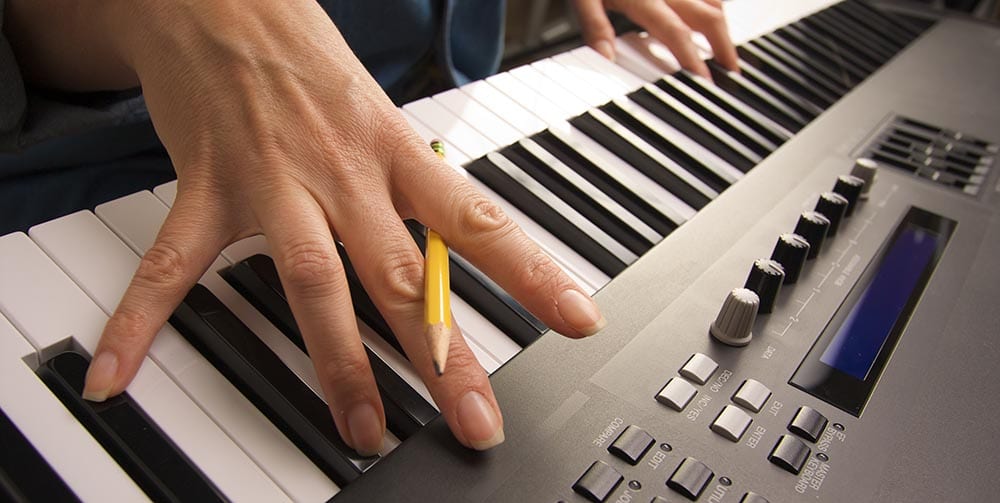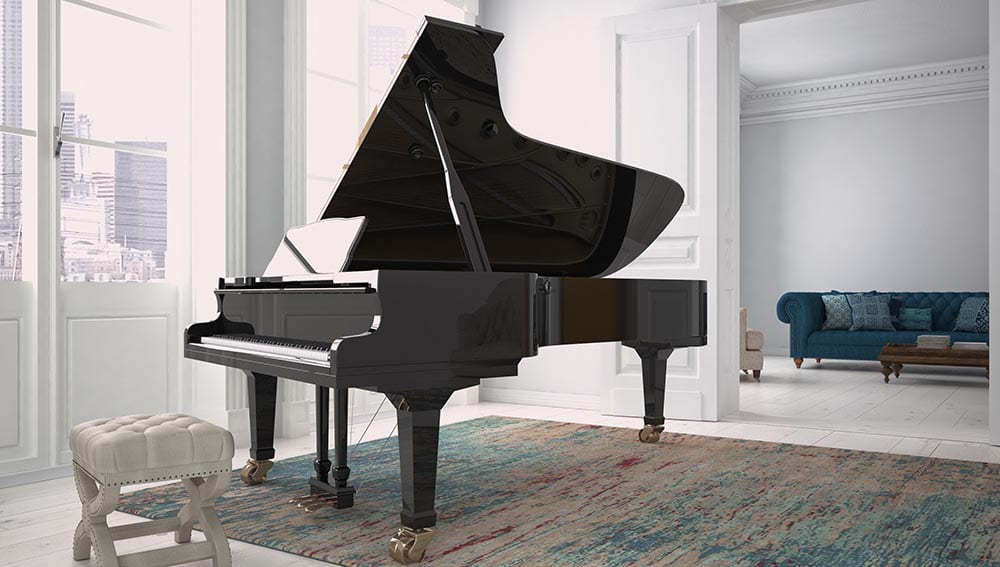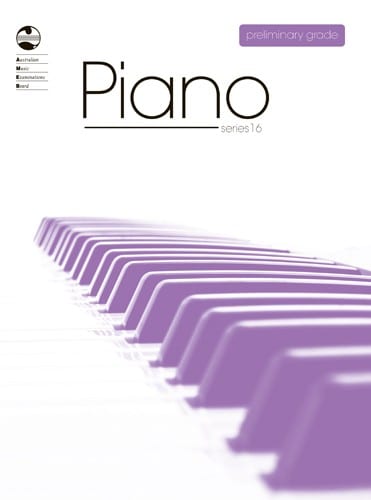If properly cared for, a piano will last a lifetime. These instruments see your family through the joys of sharing music, the frustrations and accomplishments of learning music, and become a staple piece of furniture within the home. With the proper maintenance, a piano can even become a family heirloom being passed down the generations. All it takes to keep your piano in optimum working condition is regular servicing and adherence to a few simple maintenance rules.
Managing Environmental Factors
Because pianos are largely made of wood they can have severe reactions to heat, cold, wet, dry and humid conditions. The wood swells and contracts in response to its environment, which can affect the sound the piano produces. You can minimise the effects of swelling and contracting wood by positioning your piano in a dry area away from windows, doors, air conditioning units or vents and fireplaces.
Servicing
Piano servicing is a highly specialised skill, so we always recommend enlisting the help of professional piano tuners. Trying to tune or service a piano at home is unlikely to achieve the desired result, and can even harm your piano.
Different manufacturers suggest different servicing frequency, and because each piano has a unique design, it’s best to follow the manufacturer’s recommendation. Tuning is particularly important in the first year of the piano’s life as the strings stretch, settle and react to their climatic conditions. Kawai Australia goes as far as to recommend four tunings in the first year for a new Kawai Australia piano, followed by a minimum of two tunings per year after the first year. Yamaha pianos also suggest a minimum of four tunings in the first year of the piano’s life, followed by bi-annual servicing.
All types of pianos should be tuned after they are moved to ensure the strings maintain the correct tension and environmental factors are accounted for.
Cleaning
The keys of your piano can be cleaned as regularly as required. To clean them, dampen a cloth in a mix of warm water and mild detergent then gently wipe each key. Be careful to only lightly dampen the cloth so that excess water doesn’t fall between the keys and affect wooden components of the instrument. It’s best to use a soft cloth to avoid scratching the keys.
If the outside of the piano is lightly dusted on a regular basis, it should need very little cleaning. However, if it does need a clean it’s best to refer to the manufacturer’s recommendation for cleaning that particular type of piano. If you can’t find the manufacturer’s cleaning instructions, contact your nearest piano retailer for advice. In most cases it’s advisable to clean the surfaces gently with a damp soft cloth. Some pianos might require an occasional polish as well.
For more advice about maintaining, cleaning and polishing your piano, send us an enquiry online or visit one of our three Sydney showrooms to speak to an expert.



 March 8, 2016
March 8, 2016




